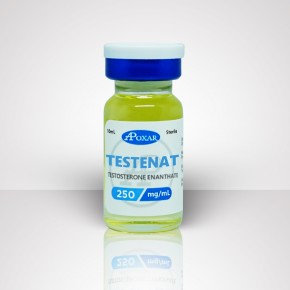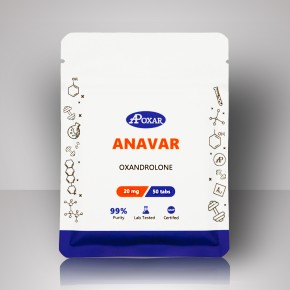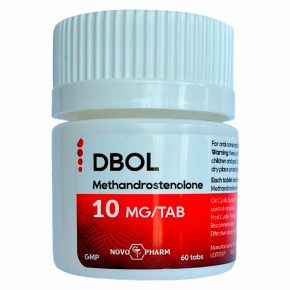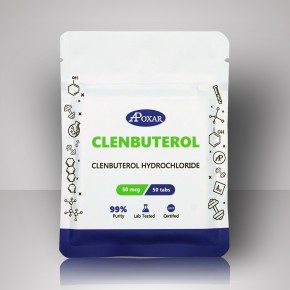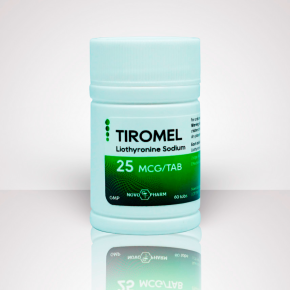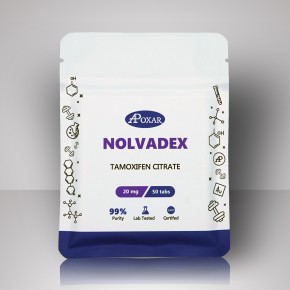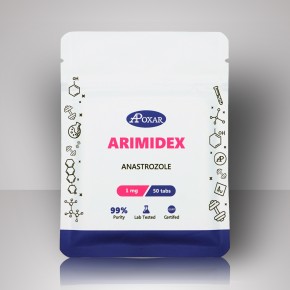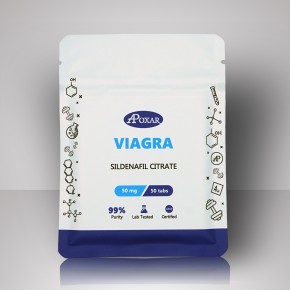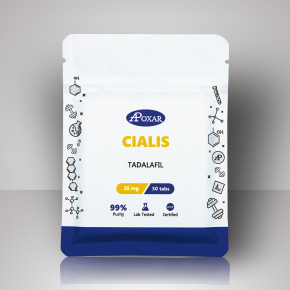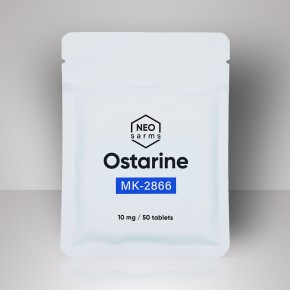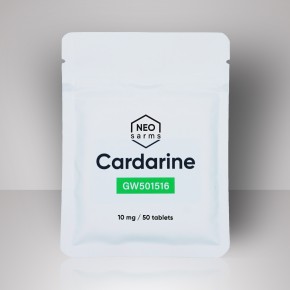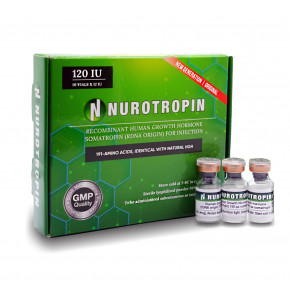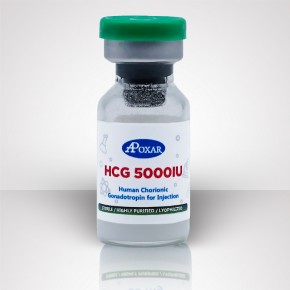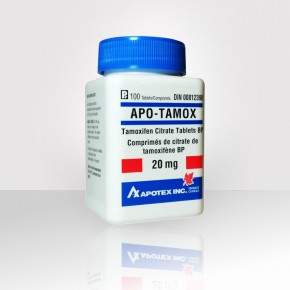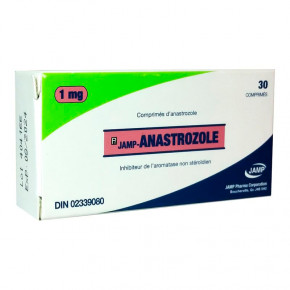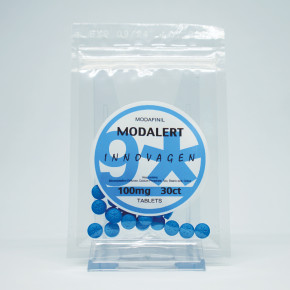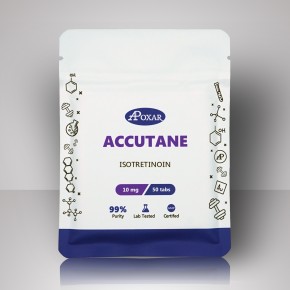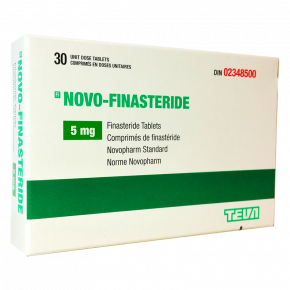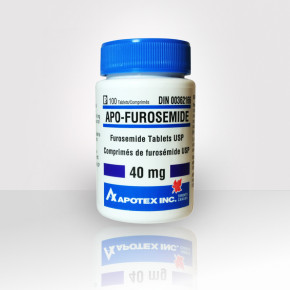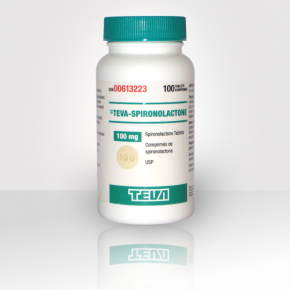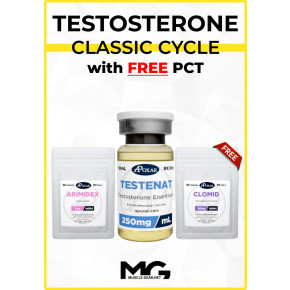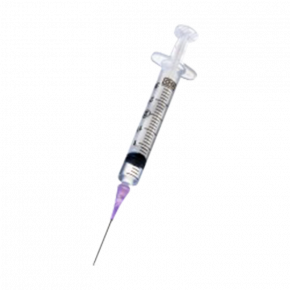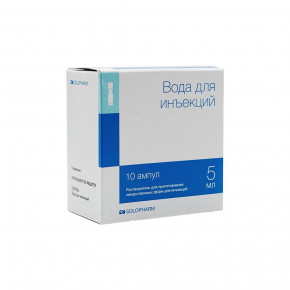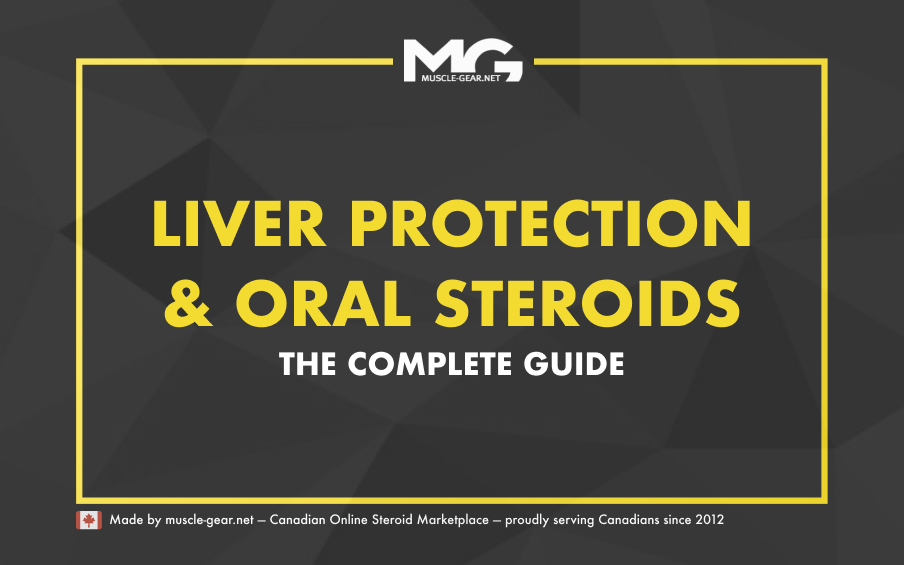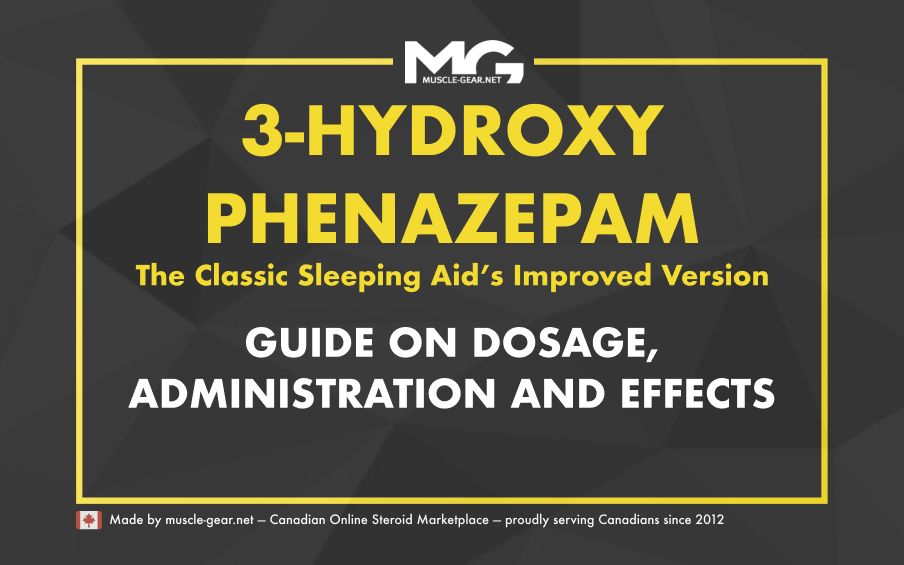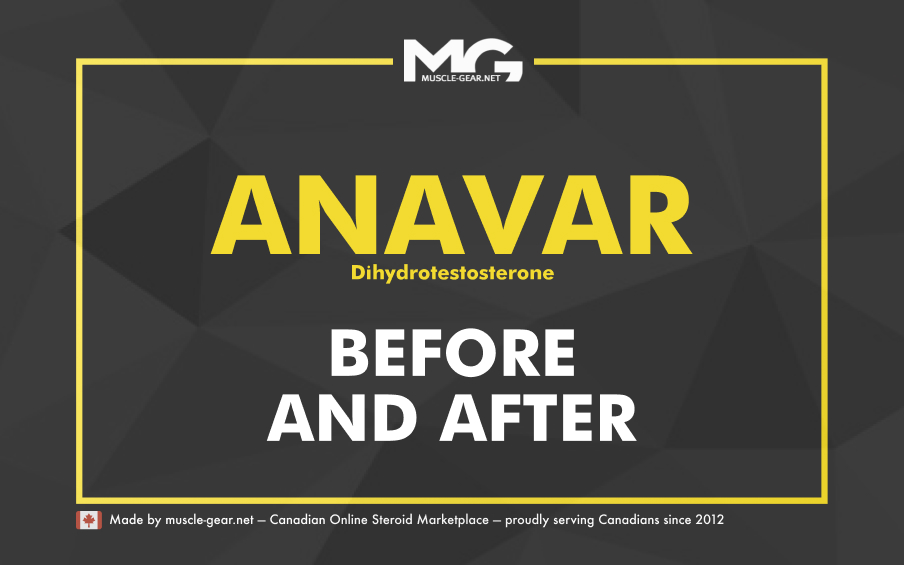Sometimes you have to make tough choices. Oral anabolic steroids are effective and convenient, but they’re damaging your liver. Injectables are less damaging to the liver, but uncomfortable and risky in terms of infection. Here’s how to get as close to a safe and effective compromise as possible.
Why Are Oral Steroids Damaging to The Liver?
First, let’s talk about the reasons behind the liver damage from oral steroids. It is, sadly, a necessity.
17-alpha-alkylation
The 17-alpha-alkylation process is a chemical modification made to the molecular structure of orals to increase their oral bioavailability (aka the ability to actually deliver the effects after passing through the administration route).
Without this modification, the liver would quickly break down most of the steroid before it reaches the bloodstream, rendering it ineffective.
By adding an alkyl group (such as a methyl or ethyl group) to the 17th carbon atom in the steroid molecule, the 17-alpha-alkylation process makes the steroid more resistant to being broken down by the liver. As a result:
- A higher amount of the steroid reaches the bloodstream;
- Higher amount actually makes it to your muscle tissue;
- And you get better results, meaning more gains and more strength.
Sounds exactly like what you need, right? Unfortunately, this increased oral bioavailability comes at a cost:
The 17-alpha-alkylation process also makes oral anabolic steroids more harmful to the liver.
The modified steroids are more challenging for the liver to metabolize. And if your liver can’t metabolize something that it tries to metabolize — it doesn’t just give up. It keeps trying.
As a result, it gets itself overpressured, and it’s additionally damaged by the increased time that the steroid “spends” in the liver, fighting the liver’s attempts to break it down.
How Dangerous are Oral Anabolic Steroids to the Liver?
Here we have two good news for those who regret ever considering an oral anabolic steroid cycle:
- 17-alpha-alkylation is not as bad as it sounds;
- Your liver is tougher than you may think.
Aside from oral anabolic steroids, 17-alpha-alkylation is used by a whole list of medicines, approved for human use by the FDA and Health Canada. Some of the most notable examples are birth control pills and drugs for ADHD treatment. The damage your liver gets is not THAT bad if you take your orals right.
And even if it was, your liver (to some extent) would be OK with it. It’s an organ made to protect your body, so it gets confronted with all sorts of dangerous toxins pretty much every day.
- It’s not that easy to cause irreversible damage to a healthy liver;
- it can regenerate, restore its healthy state, even after serious issues.
If you cycle your orals right, you don’t put too much pressure on your liver, especially if you also use drugs that additionally protect it in the process.
What if You Abuse Orals?
THIS is where bad things start happening. If you:
- Take exceptionally high doses of orals;
- Or take them for too long;
- Or take high doses for a full-length cycle with no liver support;
- Or approach oral AAS with pre-existing liver conditions…
Let’s just say you’re not going to feel well. The full list of possible outcomes includes:
Cholestatic jaundice
That’s a condition where bile flow is reduced or stopped, resulting in it accumulating in the liver. Yellowing of the skin and eyes, dark urine, light-colored stools, and all sorts of complications are the practical result of it.
Hepatic tumors and cysts
It’s especially the case with a prolonged use of orals. The development of liver tumors, including benign adenomas and malignant hepatocellular carcinoma, is dangerous by itself. However, the worst thing is the fact that these tumors can rupture, leading to life-threatening internal bleeding.
Increased liver enzyme levels
Inflammation, permanent changes to the way your liver functions, decreased effectiveness of it as a natural filter, and a wide spectrum of negative consequences on your health should be expected from the enzyme changes when you really abuse orals. Not even mentioning the digestive issues you’d get from it.
How to Protect Your Liver on Oral Steroid Cycle?
So far, the main point is — orals are dangerous only if you mistreat them.
In addition to the obvious measures (like taking the recommended doses and only in normally short cycles), what can you do to minimize the risks?
Eat The Right Things
A healthy diet plays a crucial role in maintaining liver health. Some tips, though the concept of a “healthy diet” is clearly not new:
- More fruits and vegetables;
- More whole grains;
- More lean proteins and healthy fats.
Don’t Eat Wrong Things
Another pretty obvious thing. Trans fats are hard for your liver to process, so they create extra pressure you definitely want to avoid.
- Less processed foods;
- Less sugar and salt;
- Less (or no) alcohol consumption.
Sure, you also want to stay hydrated, to be careful when using over-the-counter medications, go for check-ups and keep working out (physical activity is beneficial for your liver). However, for most athletes, it might not be enough.
Take Liver Protectors
Here’s what will truly help and what you want take on cycle to minimize the risks:
Let’s take a closer look at each of the options.
TUDCA and UDCA for Liver Protection
These bile acids can improve bile flow and protect liver cells from all the damage. Studies have shown that they can:
- Reduce liver enzyme levels;
- Alleviate cholestasis (reduced or stopped bile flow);
- And protect against direct liver cell damage.
Both of these compounds have hepatoprotective properties, though they have some minor differences:
UDCA (ursodeoxycholic acid)
UDCA is a natural bile acid found in small amounts in your own bile. The UDCA you can buy is the same thing, but synthetic and optimized for liver protection. It works by promoting bile flow and reducing the concentration of cholesterol in bile.
TUDCA (tauroursodeoxycholic acid)
TUDCA, in simple terms, is an improved version of UDCA, formed by combining UDCA with a taurine molecule. This combination results in better bioavailability and overall effectiveness, but it’s also considered a supplement by today’s regulators, not a medication. Less studies support it (though decades of anecdotal use do).
Other Hepatoprotectors
Other options are also effective, but definitely not as potent as UDCA. You can, however, take them in conjunction:
N-acetylcysteine (NAC)
NAC is an antioxidant that has been shown to increase glutathione levels. It is quite powerful as an antioxidant (which means that it can help your liver neutralize harmful substances), but not powerful enough to destroy oral steroids. It just takes some pressure “off” your liver itself.
Milk thistle (Silybum marianum)
Milk thistle is a popular herbal supplement that contains silymarin, a compound believed to have antioxidant and anti-inflammatory properties that can help protect the liver.
Do we have dozens of studies to back the claims on milk thistle? No. We have anecdotal experience, also measured in decades. While it should not be your ONLY hepatoprotector, you can add it to any other option for a little increase in safety.
Liv.52
Liv.52 is a popular herbal supplement that contains a blend of various plant extracts. It’s believed to have hepatoprotective and antioxidant properties. Some athletes claim that Liv.52 can help minimize liver damage caused by oral anabolic steroids, but scientific evidence to support these claims is limited.
And that’s why we say “believed to” all the time: if you want to be sure, take it along with something more trustworthy, like UDCA.
Wrap Up?
Regardless of all the nightmarish possibilities listed in this article, chances are, you’re going to be OK if you will approach oral anabolic steroids adequately. Liver protectors, the right day-to-day choices, UDCA, TUDCA, and Liv.52 exist just as tools to make your oral steroid cycle an effective way to get muscles.


 Trusted by 50,000 Customers
Trusted by 50,000 Customers